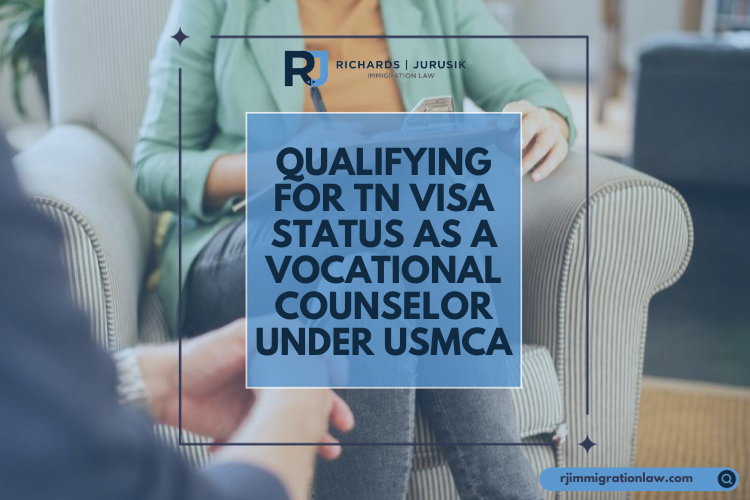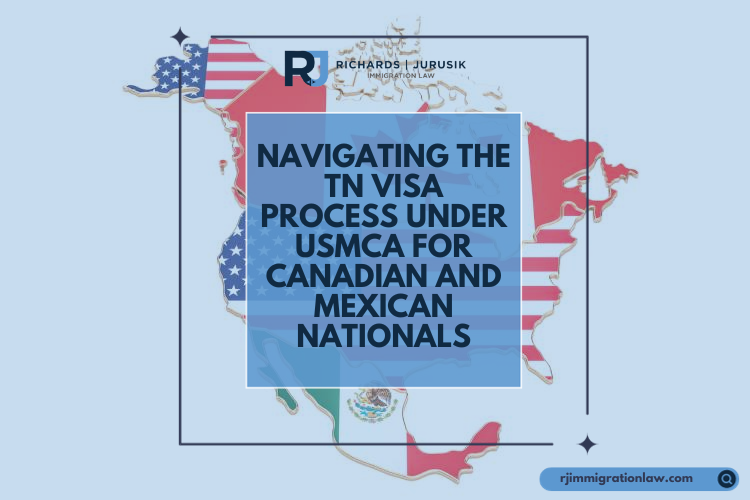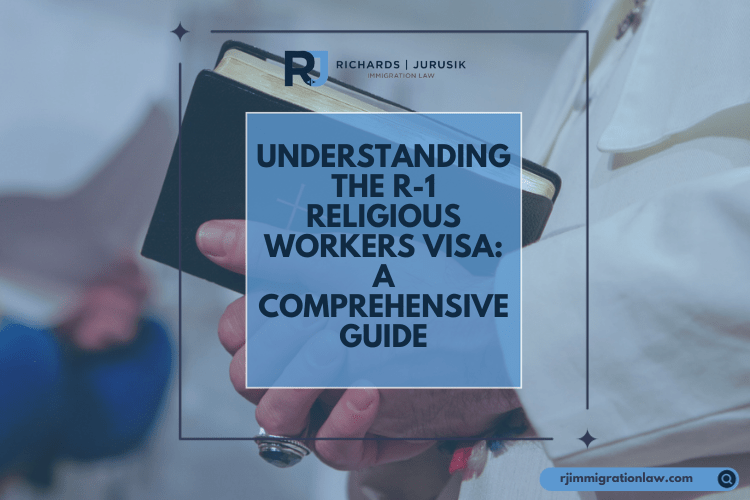Understanding the financial responsibilities of filing an H1B visa petition is important for employers looking to hire foreign specialty workers. This blog explains the various fees associated with Form I-129, the Petition for a Nonimmigrant Worker, explicitly focusing on H1B visas.
1. Base Filing Fees for Form I-129
Every petitioner must pay the base filing fee when submitting Form I-129 to the Department of Homeland Security. It’s important to note that this fee cannot be waived and varies depending on the type of petition. Employers can find the most current filing fees on the USCIS Fee Schedule page.
2. Additional Fees for H1B Visa Petitions
When filing Form I-129 for an H1B visa, employers are required to cover several additional fees, including:
- American Competitiveness and Workforce Improvement Act of 1998 (ACWIA) Fee: This fee is necessary for all initial H1B petitions, any change of status to H1B, or change of H1B employer. The first extension request by the same petitioner for the same beneficiary also requires this fee. However, subsequent extension requests or amendments that do not extend the stay are exempt.
- Fraud Prevention and Detection Fee: Required for all initial H1B petitions and petitions involving a change of employer.
- Public Law 114-113 Fee: This fee applies if the employer has more than 50 employees in the United States, with more than 50% of those in H1B, L-1A, or L-1B nonimmigrant status. It must be paid along with the Fraud Prevention and Detection Fee.
- Asylum Program Fee: This applies to all Form I-129 filings, regardless of the visa classification. The fee varies based on the size of the entity:
- Entities with more than 25 full-time equivalent employees must pay $600.
- Small entities with 25 or fewer full-time equivalent employees pay $300.
- Nonprofit entities are exempt from this fee.
3. Exemptions from the ACWIA Fee
Specific organizations are exempt from the ACWIA fee, including:
- Institutions of higher education as defined by the Higher Education Act of 1965.
- Nonprofit entities affiliated with higher education institutions.
- Nonprofit or governmental research organizations.
- Primary or secondary educational institutions.
- Nonprofits engaged in established curriculum-related clinical training.
4. Paying the Fees
The petitioner, not the beneficiary, must pay each fee associated with the H1B visa petition. This is crucial to ensure compliance with labor laws designed to protect workers from bearing the cost of their visa petitions. Separate checks for each fee are recommended to facilitate processing and financial tracking.
5. Importance of Compliance
Understanding and adhering to the fee structure is vital for employers to avoid delays and potential legal issues. Regularly checking the USCIS Fee Schedule and staying informed about any changes in immigration law will help ensure that all fees are accurately paid and documented.
Conclusion
Filing an H1B visa petition involves several fees employers must be aware of and prepared to pay. By understanding these fees and ensuring compliance with payment rules, employers can smooth the path for prospective employees to contribute their skills and expertise to the U.S. workforce. For any uncertainties or specific situations, consulting with an immigration attorney is advisable.
Subscribe to Our Resources Blog
Schedule a Consultation with an Immigration Lawyer







